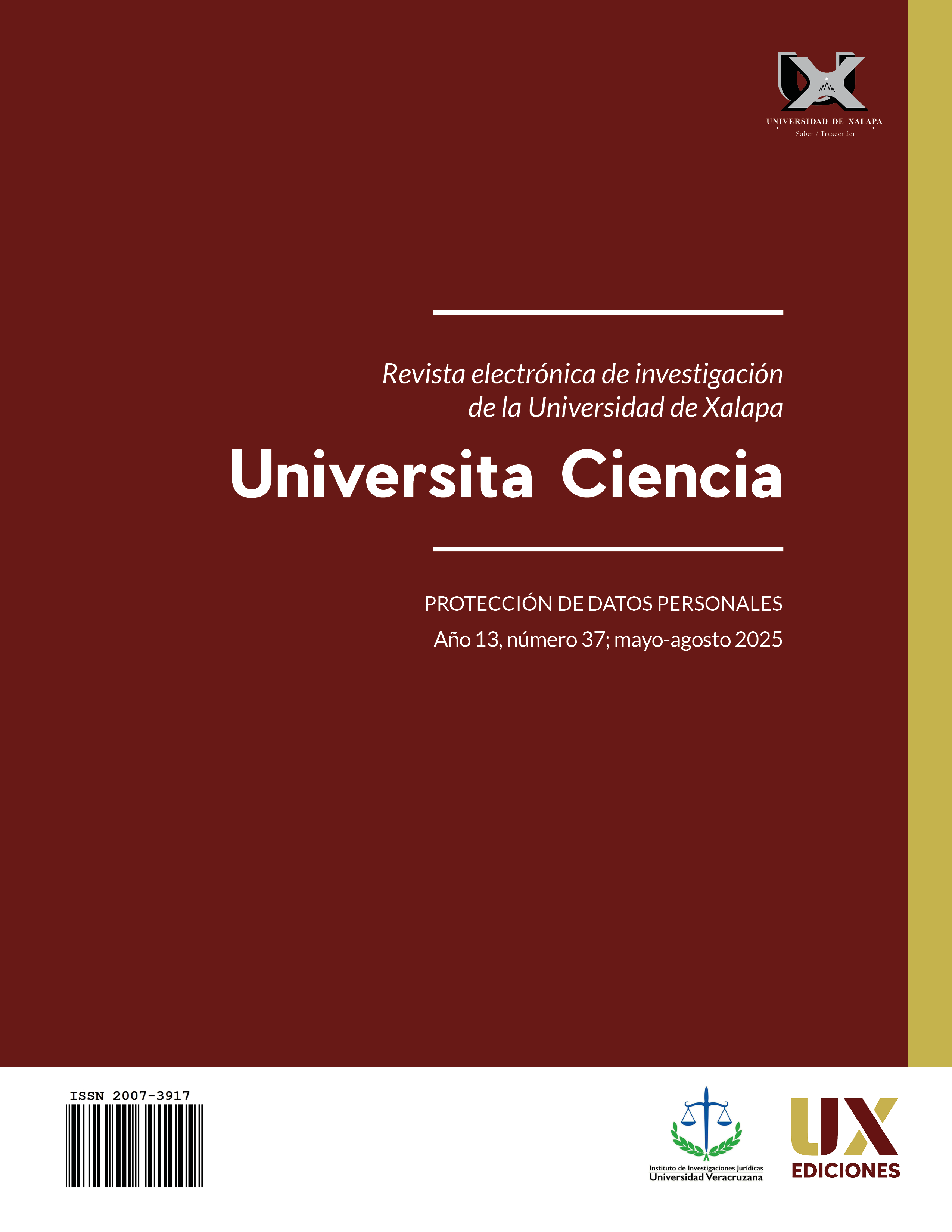From verification to transformation: the evolution of CIEES towards an evaluation based on results and social relevance
DOI:
https://doi.org/10.5281/zenodo.16646300Keywords:
Comités Interinstitucionales para la Evaluación de la Educación SuperiorAbstract
The text presents the 2024 General Evaluation Framework (MGE2024) as a transformation of the higher education evaluation model in Mexico. It moves beyond the traditional input-based approach to prioritize learning outcomes, continuous improvement, and social responsibility. MGE2024 encompasses all educational levels and modalities, includes value-added indicators, and introduces institutional support after accreditation. Additionally, it promotes a cultural shift within higher education institutions toward authentic, reflective, and formative evaluation. Thus, evaluation becomes a development strategy with social impact, aligned with international standards and humanistic principles, positioning accreditation as the beginning of a continuous improvement and institutional learning process.
Metrics
References
UNESCO (2022). Más allá de los límites. Documento preparado para la 3ª Conferencia Mundial de Educación Superior (WHEC2022), organizada por la UNESCO del 18 al 20 de mayo de 2022.
European Association for Quality Assurance in Higher Education (ENQA). (2005). The standards and guidelines for quality assurance in the European Higher Education Area (ESG).
Karakhanyan, S., & Stensaker, B. (Eds.). (2020). Global trends in higher education quality assurance: Challenges and opportunities in internal and external quality assurance.
Comités Interinstitucionales para la Evaluación de la Educación Superior (CIEES). (2024). Marco general de evaluación 2024.
Secretaría de Educación Pública. (2023). Marco general del Sistema de Evaluación y Acreditación de la Educación Superior.
Secretaría de Educación Pública. (2022). Política Nacional de Evaluación y Acreditación de la Educación Superior.
Published
How to Cite
Issue
Section
License

This work is licensed under a Creative Commons Attribution-NonCommercial-ShareAlike 4.0 International License.
This journal adheres to the Creative Commons license in the definition of its policy of open access and reuse of published material, in the following terms:
- Accessibility to articles and other publications in whole or in part under the concept of copying, distribution, public communication , interactive access (through the Internet or other means), explicitly maintaining the recognition of the author or authors and the journal itself (authorship acknowledgment).
- Warning that if the articles are remixed, modified or fragments used in other creations, the modified material cannot be distributed, nor is it allowed to reconstruct versions from the original published articles (derived works).
- The use of the contents of the published articles, in whole or in part, for profit (non-commercial recognition) is prohibited.
The author retains copyright, transfers or grants exclusive commercial rights to the publisher, and a non-commercial license is used.














